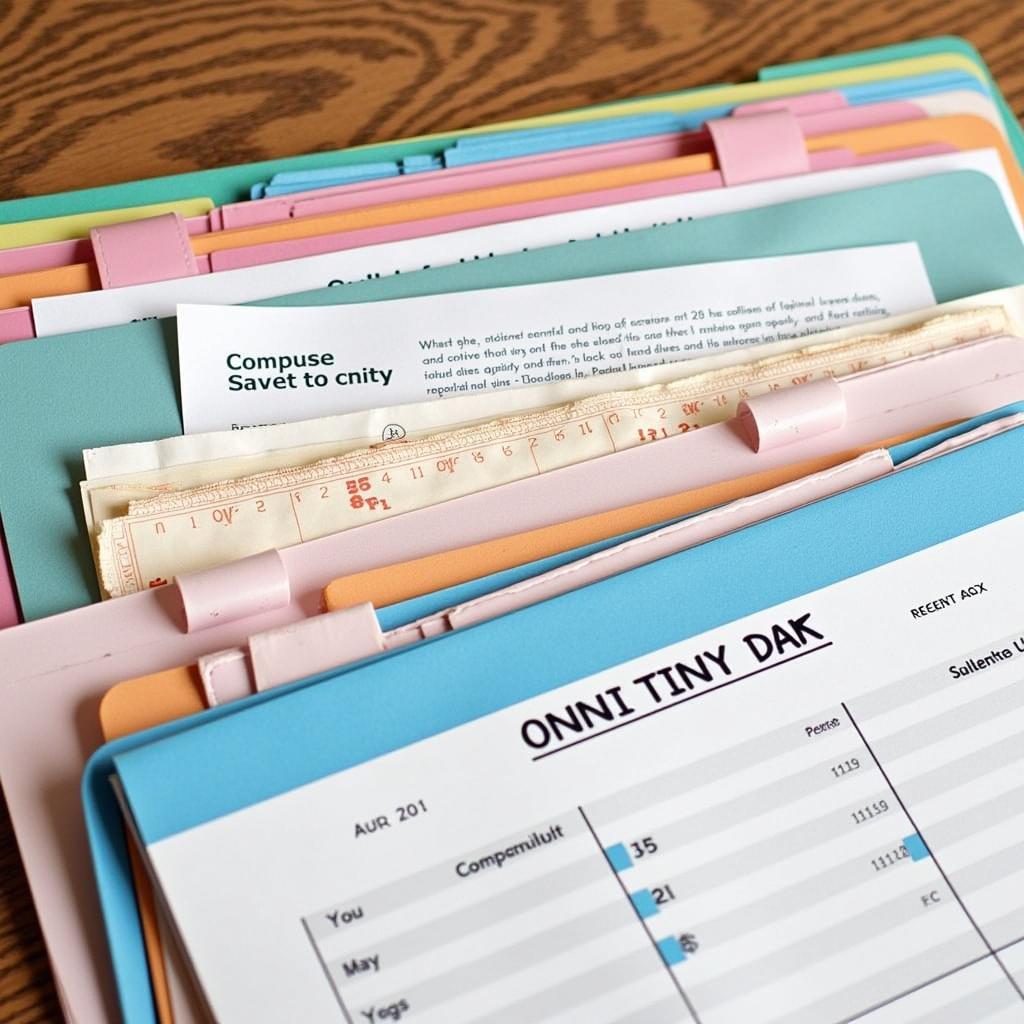Understanding homestay income tax in the United States is crucial for both hosts and guests. Whether you’re a homeowner looking to supplement your income by opening your doors to international travelers or a visitor seeking an authentic cultural experience, knowing the tax implications is essential for a smooth and legal stay.
Navigating the Tax Maze: Homestay Income and the IRS
Many homeowners are turning to homestays as a way to generate extra income, especially with platforms like Airbnb making it easier to connect with potential guests. However, this income isn’t tax-free. The Internal Revenue Service (IRS) considers homestay income as taxable, and it’s important to understand the rules and regulations to avoid any unpleasant surprises. This also applies if you’re offering a room in your primary residence or a separate property dedicated solely for homestay purposes. Knowing how to report this income correctly is key to remaining compliant with US tax laws.
 Reporting Homestay Income to the IRS
Reporting Homestay Income to the IRS
Key Tax Considerations for Homestay Hosts
One of the primary questions hosts have is: “Do I have to report all my homestay income?” The short answer is generally yes. Any income generated from renting out a portion of your home or a separate property for homestay purposes is considered taxable income. However, there’s a crucial exception: the 14-day rule.
The 14-Day Rule: A Tax Break for Short-Term Rentals
The 14-day rule offers a significant tax advantage for homeowners who rent out their property for a short period. If you rent out your home for 14 days or fewer during the year, and you use the property personally for more than 14 days or at least 10% of the total days it’s rented out (whichever is greater), the income you receive is tax-free. You don’t have to report it to the IRS. This can be a great option for those who occasionally rent out their homes for special events or during peak seasons.
Deductible Expenses for Homestay Hosts
Even if you don’t qualify for the 14-day rule, you can still reduce your tax burden by deducting eligible expenses associated with your homestay. These deductions can significantly lower your taxable income.
Some common deductible expenses include:
- A portion of your mortgage interest: You can deduct the interest paid on the portion of your mortgage allocated to the rented space.
- Property taxes: Similar to mortgage interest, you can deduct the portion of your property taxes related to the rented area.
- Utilities: Expenses like electricity, water, gas, and internet used for the homestay are deductible.
- Cleaning and maintenance: Costs associated with cleaning the property and maintaining its condition are also deductible.
- Depreciation: You can claim depreciation on the portion of your property used for the homestay.
Record Keeping is Key
Accurate and detailed record-keeping is crucial for managing your homestay income tax. Keep meticulous records of all income received, as well as all expenses related to the homestay. This will make tax filing much smoother and can help justify your deductions in case of an audit.
 Maintaining Accurate Homestay Tax Records
Maintaining Accurate Homestay Tax Records
Conclusion: Staying Tax Compliant with Your Homestay Income
Understanding and complying with homestay income tax regulations in the United States is essential for a successful and stress-free homestay experience. Whether you’re a host or a guest, being aware of the tax implications will ensure a smooth and legal stay. Remember, accurate record-keeping is key to navigating the tax maze. By following these guidelines and consulting with a tax professional if necessary, you can maximize your homestay benefits while staying on the right side of the IRS.
FAQs
- Do I need to pay taxes on homestay income even if I receive payment in cash? Yes, all income received from homestays is taxable, regardless of the payment method.
- What if I only rent out a single room in my house? The same tax rules apply, whether you rent out an entire property or just a single room.
- Where can I find more information about homestay income tax? The IRS website provides detailed information and resources on rental income and deductions.
- Can I deduct expenses for improvements made to my property for the homestay? Yes, some improvements can be depreciated over time, while others might qualify for immediate deductions. Consult a tax advisor for specific guidance.
- What if I barter services instead of receiving cash payment for my homestay? Bartering is considered a taxable transaction, and the fair market value of the services exchanged is considered income.
Contact Information
For any assistance or inquiries, please contact us:
Phone: 0793157979
Email: [email protected]
Address: 73C6+XR, Trung Son, Viet Yen, Bac Giang, Vietnam
We have a 24/7 customer support team ready to assist you.